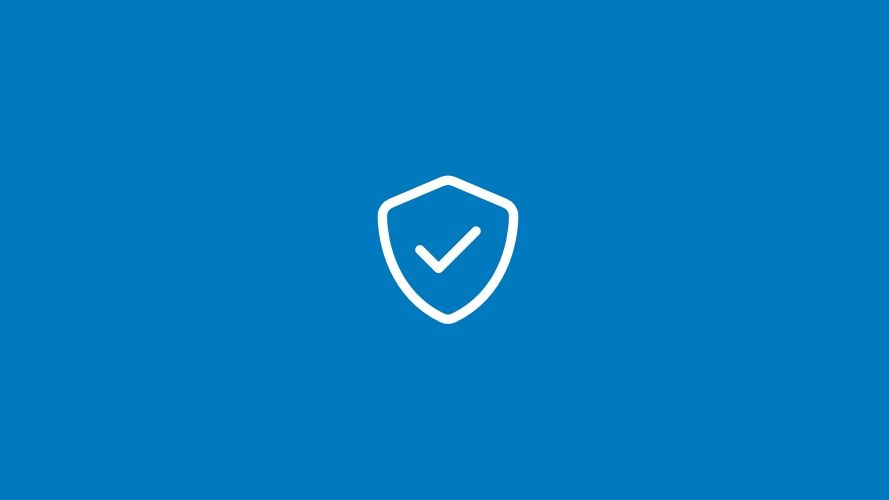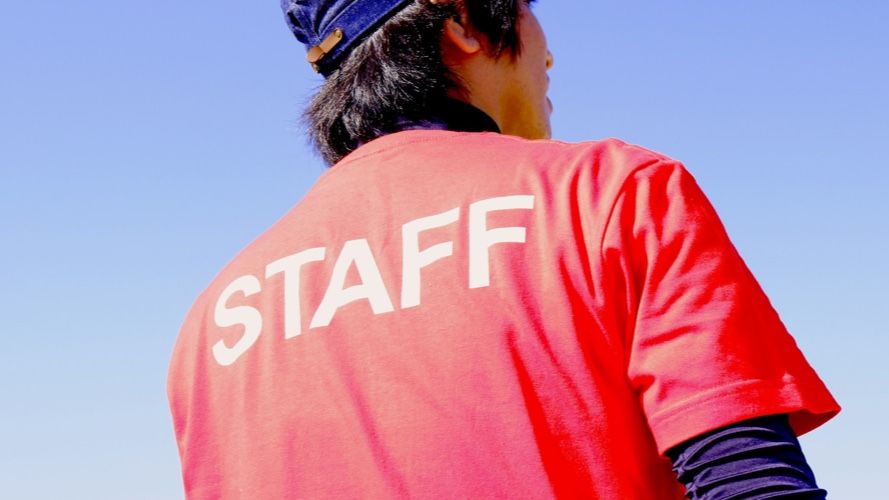Understanding accreditation: What it means for your child’s camp experience.

Introduction
Choosing a summer camp is a big decision-and it’s normal to feel unsure about what makes a camp truly safe, enriching, and well-run. One of the most important but often overlooked indicators of quality is camp accreditation. If you’ve seen the term “ACA-accredited” but aren’t quite sure what it means or why it matters, you’re not alone.
In this post, we’ll break down what camp accreditation really involves, how it benefits your child, and how you can use it as a tool to confidently choose the right program. Whether you’re sending your child to overnight camp for the first time or looking for new options, understanding accreditation can help you feel more at ease with your choice.
Key takeaways
- Accreditation means a camp has met rigorous health, safety, and programming standards.
- The American Camp Association (ACA) is the most recognized accrediting body in the U.S.
- Not all great camps are accredited-but it’s a strong signal of quality and accountability.
- Asking about accreditation is an easy way to start important safety and staffing conversations.
- Accreditation covers areas like emergency planning, camper supervision, and counselor training.
Table of contents
Why accreditation matters
Accreditation isn’t just a badge-it’s a promise. When a summer camp is accredited, it means a trusted third party has evaluated it based on hundreds of industry standards. These standards cover everything from camper health and safety to staff training and emergency preparedness.
For parents, this creates peace of mind. You’re trusting a camp with your child’s wellbeing, and accreditation helps confirm that trust is well-placed.
Accredited camps tend to have:
- Transparent policies
- Well-trained staff
- Strong risk management protocols
- Commitment to continuous improvement
While not every quality camp is accredited, choosing one that is can eliminate some of the guesswork, especially if you’re new to the process.
What accreditation covers
Health and Safety Standards
- Emergency response plans
- Camper-to-staff ratios
- First aid and medical protocols
- Clean water and food safety
Staff training and supervision
- Background checks for staff and volunteers
- Staff orientation and ongoing training
- Age-appropriate camper supervision
- Mental health support resources
Program and activity guidelines
- Regular inspections and maintenance
- Sanitation and hygiene protocols
- Environmental sustainability practices
- Camps accredited by the American Camp Association go through an on-site visit and must meet over 300 standards across these categories.
Facilities and environment
- Emergency response plans
- Camper-to-staff ratios
- First aid and medical protocols
- Clean water and food safety
How to check if a camp is accredited
Here’s a quick checklist to help you confirm a camp’s accreditation status:
Accredited camps tend to have:
- Step 1: Ask directly “Is your camp accredited by the ACA or another organization?”
- Step 2: Check online Use the ACA’s Find a Camp tool to filter by accredited camps.
- Step 3: Look for red flags Vague answers, resistance to safety questions, or missing accreditation info on the website may warrant further research.
- Step 4: Ask follow-up questions Even if a camp isn’t accredited, ask about: Staff background checks Camper safety protocols Emergency procedures Daily schedules and camper supervision
While not every quality camp is accredited, choosing one that is can eliminate some of the guesswork, especially if you’re new to the process.
Checklist:
- Is the camp ACA-accredited?
- Has the camp been inspected in the last 3 years?
- Does the staff receive formal training?
- Are health and emergency plans clearly communicated?
- Does the camp have clear camper-to-staff ratios?
Common questions about camp accreditation
- Is ACA accreditation required by law? No-accreditation is voluntary. Camps choose to undergo the process, which often goes beyond state licensing.
- Can a camp be safe without being accredited? Yes, but accreditation gives you a consistent benchmark. Always ask about safety policies either way.
- Does accreditation guarantee a perfect experience? Not necessarily. But it does show a camp has met high standards for safety, staffing, and operations.
- What if my child is going to a specialty camp or short-term program? Many types of camps can be accredited-including art, STEM, or sports-focused ones. Check directly with the provider.
- How often do camps renew accreditation? ACA-accredited camps must undergo regular reviews, typically every 3–5 years, plus annual updates.
While not every quality camp is accredited, choosing one that is can eliminate some of the guesswork, especially if you’re new to the process.
Conclusion & next steps
Accreditation helps take the guesswork out of choosing a camp. It’s a simple way to spot programs that prioritize safety, professionalism, and a positive camper experience. Whether you’re comparing options or just starting your research, it’s worth asking the question: Is this camp accredited?



